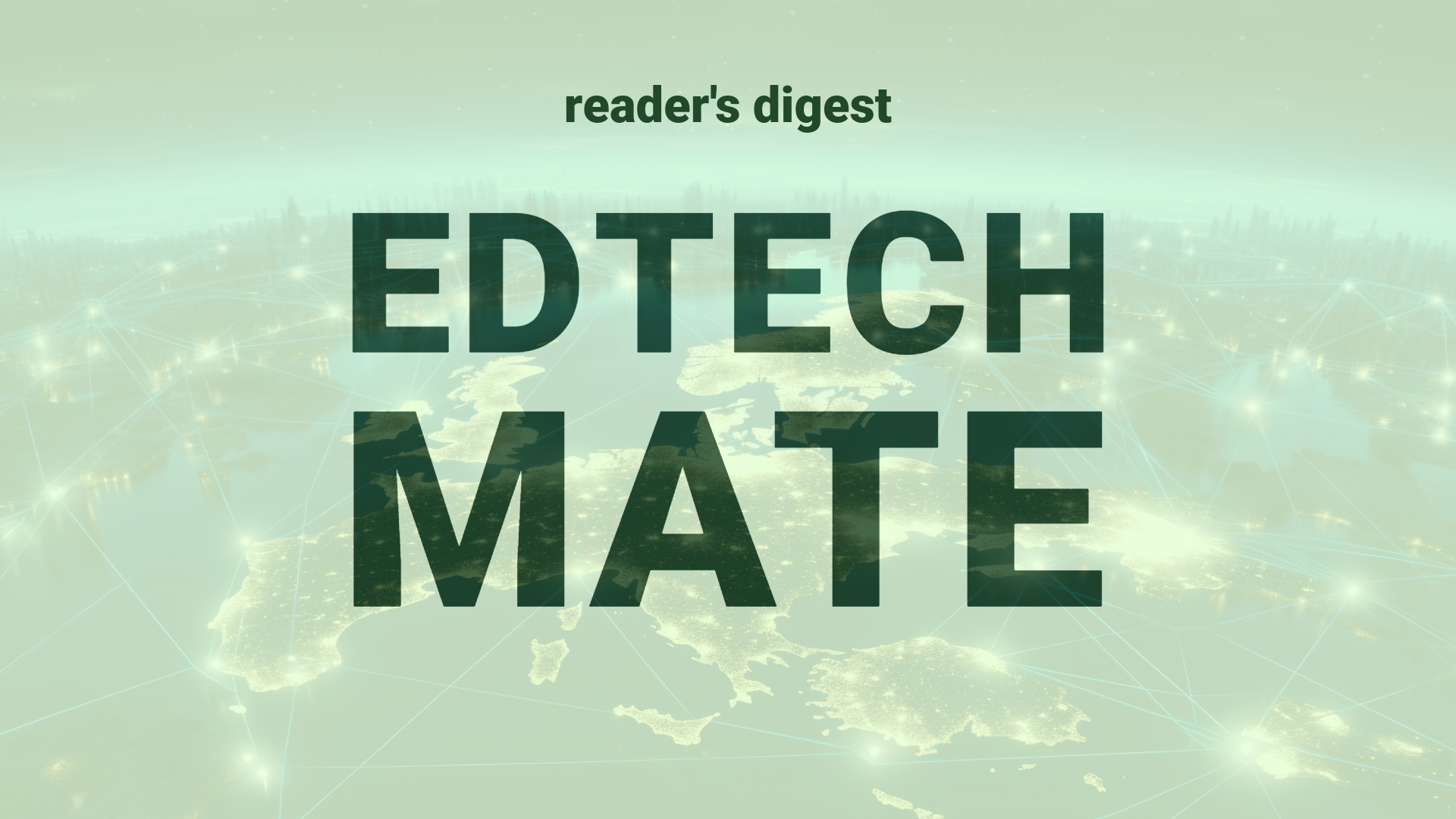Executive Summary and Main Points
In light of the record number of global elections anticipated in 2024, deepfake technology has emerged as a significant concern with its rampant growth, particularly in the Asia-Pacific region, where incidents soared by 1530% from 2022 to 2023. Illustrative of this trend, viral deepfakes have appeared in several countries, portraying public figures like the late Indonesian president Suharto and former Pakistani prime minister Imran Khan in manipulated videos that challenged the integrity of electoral processes. Countries are grappling with the question of responsibility and regulation, with industry giants forming alliances to tackle misuses of AI. However, despite technological countermeasures, there is a consensus that public education and vigilance are paramount in preserving the authenticity of public discourse.
Potential Impact in the Education Sector
These technological developments have significant implications for Further Education and Higher Education institutions globally, as the spread of deepfakes can adversely affect academic integrity, the authenticity of learning materials, and even reputation management. The surge in deepfakes has prompted an urgent call for strategic partnerships between educators, technologists, and policymakers to develop digital literacy curricula and verification tools. Micro-credentials could emerge as a means to certify proficiency in digital media literacy, contributing to broader efforts to inoculate societies against misinformation. The critical adoption of digitalization will play a cardinal role in raising awareness and equipping students with the acumen to discern and challenge false narratives.
Potential Applicability in the Education Sector
The current scenario paves the way for innovative applications, such as the incorporation of AI-driven detection tools into educational platforms, to teach and test media literacy. Further, digital tools can be leveraged to create simulated environments where students can interact with and analyze synthetic media, fostering a more profound understanding of digital signatures and the ethical use of AI. These initiatives can be tailored to various education systems across the globe, ensuring a universally informed citizenry capable of critical thinking in the digital age.
Criticism and Potential Shortfalls
Despite the robust efforts to mitigate the risks posed by deepfakes, criticism abounds regarding the adequacy and speed of responses to the burgeoning threats. Comparing international case studies reveals disparities in readiness and regulatory frameworks, with ethical and cultural nuances adding complexity to a universal challenge. Experts highlight the danger of lost faith in democratic processes due to misleading representations and the potential erosion of public trust in authoritative sources of information. The effectiveness of interventions may be questioned if public awareness and education do not keep pace with technological advancements.
Actionable Recommendations
In considering the rapid evolution of deepfake technology and its implications for global higher education, actionable recommendations include the integration of advanced AI detection software into educational institutions’ IT infrastructures. Collaboration with tech companies to provide resources for digital literacy should be prioritized, and the development of an international standard or accreditation for information authenticity must be explored. Leadership in international education should strategically implement these technologies within current systems and curricula, ensure alignment with global best practices, and promote research into the continued development of AI in the realm of information security
Source article: https://www.cnbc.com/2024/03/14/as-asia-enters-a-deepfake-era-is-it-ready-to-handle-election-interference.html

